"Darren at Aaron Wallis was really encouraging and helpful. He was very responsive and regularly made phone calls to explain the job opportunities available, and guided me through the application process"
Alys Brown

The Pros and Cons of Telephone Interviews
Why Use Telephone Interviews?
An increase in call centres and other telephone-based businesses has led to a greater number of companies using telephone interviews to assess candidates' telephone manners and related skills. While telephone interviews should not replace final face-to-face interviews, they remain a quick and efficient method for identifying strong candidates and filtering out unsuitable applicants.
Telephone interviews are commonly used by employers with regular, large-scale recruitment needs – particularly graduate employers such as major accountancy firms and large banks. If you’re looking to improve how you conduct these, be sure to explore our updated guide on conducting effective telephone interviews.
There are plenty of benefits to phone interviews – they’re quicker and more convenient than arranging initial face-to-face meetings. In roles like sales, where personality and telephone manner are just as important as qualifications and experience, phone interviews offer a practical early-stage screening tool. However, they can be challenging, as visual cues are entirely absent.
Telephone interviews are particularly common in sales roles – especially telesales – where verbal communication skills are crucial. However, many employers use them as a preliminary screening tool across a wide range of industries.
Although telephone interviews tend to favour the employer, they still offer valuable opportunities for applicants. In today's competitive hiring landscape, any chance to connect with a potential employer is worth taking. You may also find our tips on how to interview sales professionals helpful.
Weighing Up the Pros and Cons
Telephone interviews are still popular in 2025, largely due to the efficiencies they offer employers. That said, candidates who receive job offers following only a phone interview may still request a face-to-face meeting before accepting. These interviews are a great tool to secure top sales talent, but as with any method, they come with both advantages and disadvantages – outlined below.
The Advantages of Telephone Interviews
Cost-Effective and Convenient
Telephone interviews are more cost-efficient and less time-consuming than in-person interviews, particularly when travel is involved. If an applicant lives far away – even overseas – you can reduce recruitment costs by conducting an initial interview over the phone before investing in travel or relocation expenses.
A Useful First Step
Telephone screening interviews rarely replace face-to-face meetings. Instead, they allow both employer and candidate to gauge mutual interest before committing time and resources to a full interview process.
Efficiency in Numbers
In a short amount of time, you can speak to multiple candidates and narrow the field for further interviews, making the overall recruitment process more efficient.
Structured Screening
Common interview questions can be standardised for use during telephone screenings. Many recruitment agencies use this format as a first step on behalf of their clients – a preliminary filter before progressing to the next stage.
Unexpected Insight
Telephone interviews test a candidate’s communication skills and their ability to respond to the unexpected – whether it’s an impromptu call or a tricky question they didn’t anticipate.
Overcoming Geographic Barriers
Instead of excluding talented candidates due to distance, employers can use phone interviews to make first contact in a professional and efficient way.
Application Filtering
With job applications still coming in thick and fast in 2025, written submissions alone may not be enough to shortlist effectively. Telephone interviews help employers sift through large applicant pools before progressing to the in-person stage.
The Disadvantages of Telephone Interviews
Limited Non-Verbal Feedback
One major downside is the inability to read body language. Visual cues – such as smiles, frowns, and posture – offer important insight into a candidate's engagement and sincerity, which are missing in telephone conversations.
Video interviews on platforms like Zoom or Teams are now common and offer a partial solution, combining the convenience of remote screening with visual context. However, they’re still not a complete substitute for face-to-face interaction.
Unplanned Terminations
A candidate can abruptly end a phone interview by simply hanging up – without warning or explanation. While rare, it is a limitation unique to telephone formats.
Limited Use of Visual Aids
Unlike in-person interviews, it's difficult to use visual aids or prompts over the phone. While some materials can be emailed beforehand, this requires extra planning and coordination.
Lack of Personal Connection
Establishing rapport and identifying a good cultural fit is more difficult without face-to-face interaction. The chemistry between a candidate and hiring manager – crucial for long-term success – is harder to detect remotely.
Great Tips on Telephone Interviewing
- Organise the candidate’s CV and references before the call.
- Schedule interviews at times when you can avoid interruptions.
- Prepare a list of key questions covering skills, experience, availability, and interest in your company.
- Have pen and paper ready to jot down notes, and highlight discussion points on their CV.
- Maintain a natural flow – avoid prolonged silences where possible.
- Gauge how seriously the candidate is considering the role – especially important for remote candidates.
- If the candidate is a good fit, arrange a follow-up interview without delay to keep them engaged.
- Walk around while on the call – it energises your voice and helps you sound more engaging.
- Stay professional – no eating, chewing gum or drinking during the interview (apart from a quick sip of water if needed).
Conclusion
Major employers such as Royal Bank of Scotland, Marks & Spencer and Royal Mail continue to use telephone interviews to efficiently shortlist candidates in the UK job market.
Video interviews in 2025 have largely taken over many of the use cases for telephone interviews, but the phone still has a valuable place – especially for early-stage screening where speed and convenience matter.
Telephone interviews can help save costs related to venues, travel and candidate expenses, while providing a simple way to filter applicants before committing to in-person interviews. But they should be used as part of a broader recruitment strategy. Face-to-face meetings remain essential for understanding a candidate’s character, cultural fit, and long-term potential within your business.
Navigate our advice on recruitment planning:
by clicking the following icons:
Date published: 5th March 2025

by Rob Scott
Managing Director

About the author
Rob Scott






